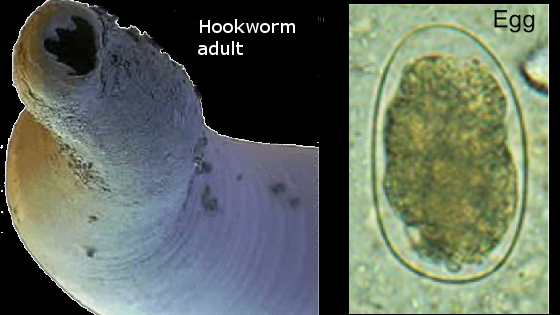Gastrointestinal helminths, host-parasite interactions, high-throughput sequencing technologies
Our research interests fall within the general area of host-parasite interactions, and specifically the ability of gastrointestinal (GI) helminth parasites to modify the structure and function of the host gut flora to their advantage. In particular, our research focuses on identifying the immune-molecular mechanisms that underpin the observed ch
anges in microbiota make-up of helminth-infected humans and animals. The consequences that elucidating such mechanisms may exert on future strategies of parasite control are two-fold. First, disentangling the potential contribution of the gut flora to the pathogenesis of the infection is necessary in order to discover and develop new strategies to contrast helminth-associated pathology. Second, understanding the microbiota-dependent mechanisms by which parasitic helminths are able to modulate host immune responses and suppress inflammation may assist the discovery of novel immune-regulatory therapeutics against chronic inflammatory disorders of the GI tract that may act in synergy with helminth-based therapy.


